Menu
WWF-SASSI is committed to working hand-in-hand with the sellers of seafood; from restaurants to suppliers, retailers and fish shops for a future in which sustainable fisheries and responsible aquaculture thrive at a level that supports the communities and businesses that depend on them.
All businesses have a responsibility to make sustainable decisions for their business, for the longevity of our valuable ocean resources which continue to benefit everyone. Read more about how your business can make sustainable practices with our Business Guide to Sustainable Seafood.
For large Retailers, Suppliers and Restaurant franchises which are dedicated to their sustainable seafood journey, WWF-SASSI has the Retailer/Supplier Participation Scheme (RSPS). The changemakers currently onboard the RSPS programme are five of the South African major grocery retailers, one seafood supplier and two seafood restaurant chains – Ocean Basket and John Dory’s.
RSPS encourages its members to responsibly source seafood, enabling national food franchises and large retailers and suppliers to transform their own businesses to support fisheries and farms that are environmentally sustainable while indirectly incentivising fisheries and farms to employ more sustainable practices to gain South African market access.
WWF-SASSI Retailer / Supplier Participation Scheme members make measurable time-bound public commitments to sustainable seafood. The scheme works with the members to help transform their businesses towards a fully sustainable supply chain which is traceable and transparent from when the fish is caught / harvested until it is sold in their stores.
These companies need consumers to hold them accountable to their commitments and to support them on their journey towards achieving their seafood sustainability goals.
Remember, transforming markets is an incremental process that takes time. As such, companies are encouraged to have a clear, long-term strategy that guides them towards achieving their commitments to sustainable seafood. And although WWF-SASSI is working with these companies, it does not necessarily mean that they sell only sustainable seafood.
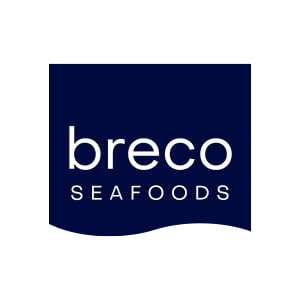
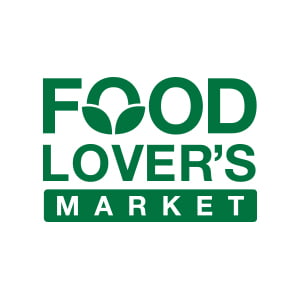
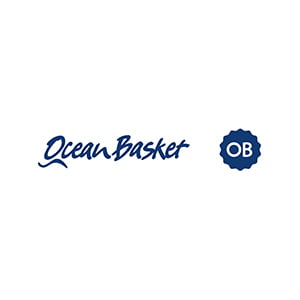
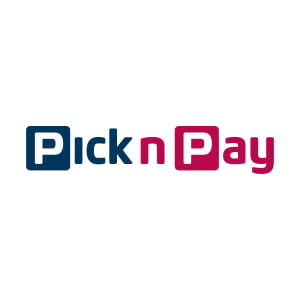

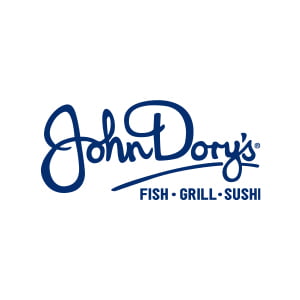


WWF-SASSI provides the retailers and suppliers that it works with, with the tools for seafood sustainability, however, it is up to the members to make the change. You can encourage them to stick to their commitments by:
Requesting that your retailer, supplier or restaurant stock products that are certified by the Marine Stewardship Council (MSC) or Aquaculture Stewardship Council (ASC). Look for the distinctive logos of these organisations on seafood product packaging or on seafood menus as an assurance of sustainable and responsible production.
Engaging directly with retailers, suppliers or restaurants if seafood product labelling does not tell you the following:
WWF and WWF-SASSI undertakes this work through tools such as Fishery Improvement Projects to work towards attaining sustainability standards that are required by certification or to improve their practices
Seafood ranks among the most widely traded commodities. While it’s challenging to assess every species and with many appearing on multiple lists, WWF-SASSI provides guidance to ensure procurement is sustainable
Know the sustainability of the species you are procuring.
STUDY THE RED LISTED SPECIES TO KNOW WHICH SPECIES TO AVOID
It is crucial to communicate your seafood sustainability efforts with your staff, suppliers, and customers. Make sure to educate your employees so they can effectively respond to customer inquiries. Additionally, promote your new sustainable initiatives on your website and social media platforms to inform and engage your customers
Learn more about their commitments: WWF-SASSI’s RSPS Participants commitments to sustainable seafood.
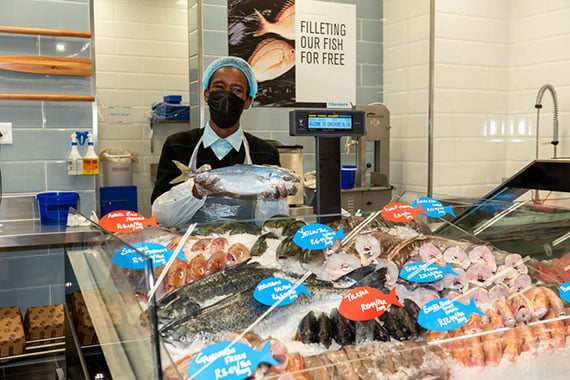
RSPS members know that sustainability makes good business sense. Through the programme, they are ensuring that they have resources for the future that oceans remain healthy for future generations.
Some of their commitments include:
WWF-SASSI Resources help retailers and suppliers to reach these commitments by providing resources on:
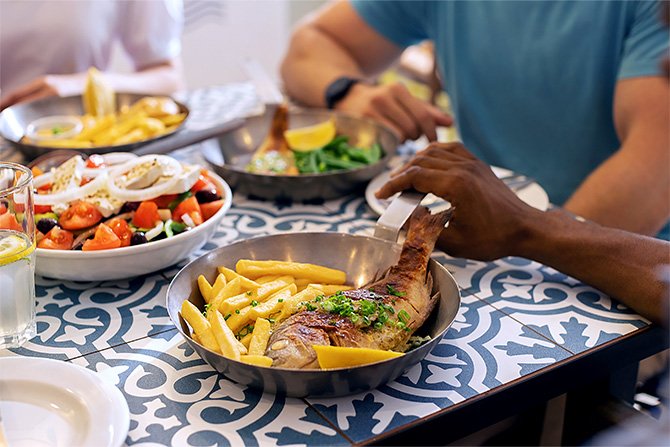
Restaurants and chefs can influence new, creative recipes to promote ocean-friendly seafood, and can also influence which fish are caught by fisherman, sought by suppliers and wholesalers, and demanded by consumers. Through smarter choices and more creative recipes using Green-listed species, restaurants can help drive demand away from species that are of conservation concern to more resilient species.
WWF-SASSI engages with chefs and those in the restaurant and food and beverage industry on training and through the use of Green-listed alternatives in recipes.
The three main questions a restaurant procuring seafood species should ask / know is:
Independent restaurants can utilize the WWF-SASSI Restaurant Guide to navigate the sustainable seafood space and be empowered to offer “Green-listed” offerings for their customers.
Quick links
© WWF SASSI | WordPress website design and development by The Ethical Agency, a leading Digital Marketing Agency for sustainable brands | Website powered by green renewable energy website hosting.